Legal and Compliance
Stichting Clean Energy and Energy Inclusion for Africa is registered with the Chamber of Commerce in Amsterdam under number 84545526. The Foundation’s work is guided by a set of policies, as well as our disclosure and reporting obligations.
